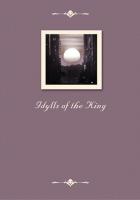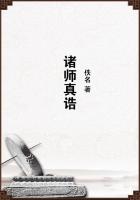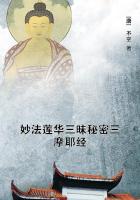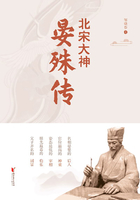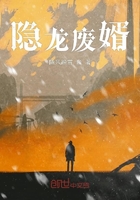THE FALL OF THE GREAT PLACE
On the morrow at sundown all that remained of Thomas Owen was laid to rest before the altar of the little church, Nodwengo the king and Hokosa lowering him into the grave, while John, his first disciple, read over him the burial service of the Christians, which it had been one of the dead man's last labours to translate into the language of the Amasuka.
Before the ceremony was finished, a soldier, carrying a spear in his hand, pushed his way through the dense and weeping crowd, and having saluted, whispered something into the ear of the king. Nodwengo started, and, with a last look of farewell at the face of his friend, left the chapel, accompanied by some of his generals who were present, muttering to Hokosa that he was to follow when all was done.
Accordingly, some few minutes later, he went and was admitted into the Council Hut, where captains and messengers were to be seen arriving and departing continuously.
"Hokosa," said the king, "you have dealt treacherously with me in the past, but I believe now that your heart is true; at the least I follow the commands of our dead master and trust you. Listen: the outposts have sighted an /impi/ of many regiments advancing towards the Great Place, though whether or no it be my own /impi/ returning victorious from the war with my brother, I cannot say. There is this against it, however, that a messenger has but just arrived reporting that the generals have perceived the host of Hafela encamped upon a ridge over against the gorge where they awaited him. If that be so, they can scarcely have given him battle, for the messenger is swift of foot and has travelled night and day. Yet how can this be the /impi/ of Hafela, who, say the generals, is encamped upon the ridge?"
"He may have left the ridge, King, having been warned of the ambush."
"It cannot be, for when the runner started his fires burned there and his soldiers were gathered round them."
"Then perhaps his captains sit upon the ridge with some portion of his strength to deceive those who await him in the gorge; while, knowing that here men are few, he himself swoops down on you with the main body of his /impi/."
"At least we shall learn presently," answered the king; "but if it be as I fear and we are outwitted, what is there that we can do against so many?"
Now one of the captains proposed that they should stay where they were and hold the place.
"It is too large," answered the king, "they will burst the fences and break our line."
Another suggested that they should fly and, avoiding the regiments of Hafela in the darkness of the night, should travel swiftly in search of the main army that had been sent to lie in ambush.
"What," said Nodwengo, "leaving the aged and the women and children to perish, for how can we take such a multitude? No, I will have none of this plan."
Then Hokosa spoke. "King," he said, "listen to my counsel: Command now that all the women and the old men, taking with them such cattle and food as are in the town, depart at once into the Valley of Death and collect in the open space that lies beyond the Tree of Doom, near the spring of water that is there. The valley is narrow and the cliffs are steep, and it may chance that by the help of Heaven we shall be able to hold it till the army returns to relieve us, to seek which messengers must be sent at once with these tidings."
"The plan is good," said the king, though none had thought of it; "but so we shall lose the town."
"Towns can be rebuilt," answered Hokosa, "but who may restore the lives of men?"
As the words left his lips, a runner burst into the council, crying:
"King, the /impi/ is that of Hafela, and the prince heads it in person. Already his outposts rest upon the Plain of Fire."
Then Nodwengo rose and issued his orders, commanding that all the ineffective population of the town, together with such food and cattle as could be gathered, should retreat at once into the Valley of Death.
By this time the four or five thousand soldiers who were left in the Great Place had been paraded on the open ground in front of the king's house, where they stood, still and silent, in the moonlight. Nodwengo and the captains went out to them, and as they saw him come they lifted their spears like one man, giving him the royal salute of "King!" He held up his hand and addressed them.
"Soldiers," he said, "we have been outwitted. My /impi/ is afar, and that of Hafela is at our gates. Yonder in the valley, though we be few, we can defend ourselves till succour reaches us, which already messengers have gone out to seek. But first we must give time for the women and children, the sick and the aged, to withdraw with food and cattle; and this we can do in one way only, by keeping Hafela at bay till they have passed the archway, all of them. Now, soldiers, for the sake of your own lives, of your honour and of those you love, swear to me, in the holy Name which we have been taught to worship, that you will fight out this great fight without fear or faltering."
"We swear it in the holy Name, and by your head, King," roared the regiments.
"Then victory is already ours," answered Nodwengo. "Follow me, Children of Fire!" and shaking his great spear, he led the way towards that portion of the outer fence upon which Hafela was advancing.
By now the town behind them was a scene of almost indescribable tumult and confusion, for the companies detailed to the task were clearing the numberless huts of their occupants, and collecting women, children and oxen in thousands, preparatory to driving them into the defile.

